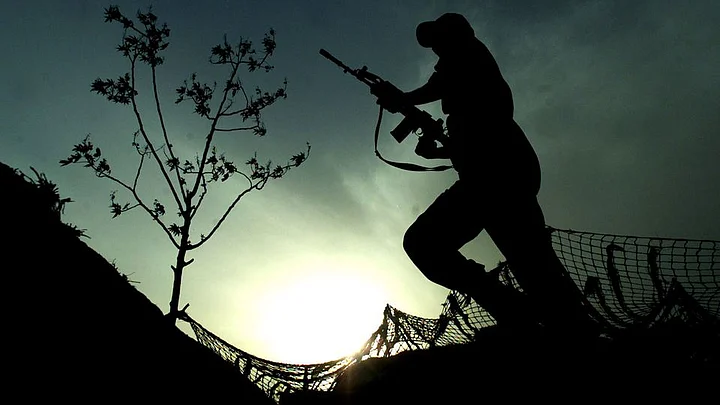I think everyone in India is making too much of a song and dance about our “surgical strike”. One can justify it as an emotional outburst as public mood was frayed and action was demanded from the government. It was also clear that the noises being made by India on the repudiation of the Indus Waters Treaty was only a bluster.
Dr Shakil Ahmad Romshoo, head of the earth sciences at the geology and geophysics department, University of Kashmir, explained very well: “Let us assume that we stop the water supply for the sake of the argument. Where would the water go? We do not have infrastructure to store this water.
We have not built dams in Jammu & Kashmir where we can store the water. And being a mountainous state, unlike Tamil Nadu or Karnataka, you cannot move the water to another state. So you cannot stop the water technically”.
Withdrawing the Most Favoured Nation (MFN) categorisation from Pakistan will work only to our detriment as the balance of the trade is hugely tilted in our favour. PM Modi’s image as a strongman was taking a battering and he was being conjoined with his predecessor – largely regarded as ineffectual – Dr Manmohan Singh. So action had to be taken, and it was taken in a matured and balanced response – diplomatic isolation, hard talk and a view that China would stay out of it. However, we should be nonchalant and state that there is no reason for Pakistan to be angry.
In any case, Pakistan’s mixed reaction is varying from denial to outrage. Our stance , which will kill several birds with one stone, should not be based on invoking S51 of the UN Charter or the "Caroline test", as has been suggested by several experts. Pakistan Occupied Kashmir, legally per the Instrument of Accession, signed by Maharaja Hari Singh, is Indian territory. The day the LoC – previously known as the Cease Fire Line (CFL) – is converted into an International Border, it is likely to be a different story. Then we'd be guilty of violating Pakistani sovereign rights or border transgression.
As Indians celebrate in somewhat jingoistic mode, I don't want to sound like a wet blanket. We need to be prepared for more acts of terror within India. Pak and it's acolytes i.e the many sleeper cells may not be able to replicate an Uri or Pathankot because of high alerts in the “sensitive” spots, but a 2008 Mumbai or 2010 Pune Bakery-like operation on a soft target is very much possible. Even in regard to Uri, I am not so sure if the Pakistani Army was involved, unless they had plain miscalculated it. It took away the focus entirely from the protests and turbulent situation in Kashmir. Could it be that the sleeper cells, while active or dependent on Pakistan Army support, may at times act on their own? And did so in Uri?
In a country our size and of 1.3 billion, how much and how many can be protected? Worse, if the attacker is on a suicide mission. I fear these incidents happening in the next few months with increasing frequency. Plane hijacks, attacks in public places and places of worship with a view to cause civil/communal unrest etc, too may occur (or retrograde depending on perspective). We need to be both apprehensive and vigilant. What queers the timeline, is the near end of the tenure of the Pakistani Army Chief, General Raheel Sharif. He demits the office in November and an informal selection process had already been initiated from amongst four probables. He may not wish to go out under these circumstances and seek an extension. In Pakistan, generally speaking, whatever the Army General wants does tend to happen. Should he do that, the impact of the Indian move to avenge Uri will have ramifications far beyond the immediate. Not necessarily good for peace in the Indian Sub Continent or South Asia, as its now fashionably called.
(Manoj Mohanka is a businessman, who follows politics and religion closely and runs a trust to educate Muslim girls coming from poor families. All views are personal and are not endorsed by The Quint)
(At The Quint, we question everything. Play an active role in shaping our journalism by becoming a member today.)
